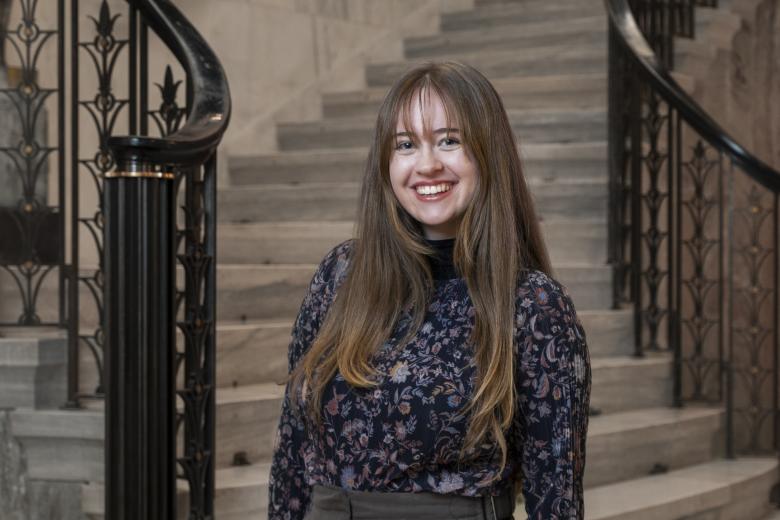EmergEU: Jean Monnet Centre of Excellence
Professor Andrea Ott successfully applied for a a Jean Monnet Centre of Excellence on Crises and Emergencies in EU Integration (EmergEU) in July 2024. In the upcoming three years, the centre will explore crises and emergencies in EU integration.
Research, guest lectures and teaching activities will be embedded within the existing interdisciplinary Centre for European Research in Maastricht (CERiM). This allows researchers from Maastricht Centre for European Law (MCEL) together with the network under CERIM to explore the topic from an interdisciplinary perspective and together with researchers from the Faculty of Arts and Social Studies (FASoS).
Professor Ott explains why she and her colleagues from FASoS at CERIM (Dr. Giselle Bosse) choose this specific topic: “The EU is increasingly faced with crises and emergencies that have threatened its core. This requires extraordinary responses that significantly affect the EU’s institutional structures and policymaking. Think of the rule of law, COVID-19, energy, environment, and the military conflict in Ukraine.”
EmergEU deals with three main themes:
- Conceptualisation of crises and emergencies.
- Case studies on crisis management and emergency action from an internal dimension of EU policies.
- Case studies on crisis management and emergency action with a focus on the external dimension of EU policies.
What is a Jean Monnet Centre of Excellence?
All Jean Monnet Centre of Excellence are focal points of competence and knowledge on European Union subjects. They gather the expertise and competences of high-level experts aiming to develop synergies between the various disciplines and resources in the European studies.
They are key players in reaching out to students from faculties that normally don’t engage with with European Union issues, but also to policymakers, the civil society, and the broader public. There’s also opportunities for experts to create joint transnational activities.
Also read
-
Milou: “Studying is still often a privilege’’
Even outside the lecture hall, law student Milou Scholten is committed to justice. As the chair of Students for Equality, she campaigns for accessible education and equal opportunities for all students.
-
Ronald Janse appointed as new dean of Maastricht University Faculty of Law
The Executive Board of Maastricht University is delighted to announce the appointment of Prof. Ronald Janse as dean of the Faculty of Law.
-
Virtual companions, real responsibility: call for clear regulations on AI tools used for mental health interactions
Mindy Nunez Duffourc (Assistant Professor of Private Law and member of the Law and Tech Lab) co-authored an article outlining the urgent need for clear regulations for AI characters.